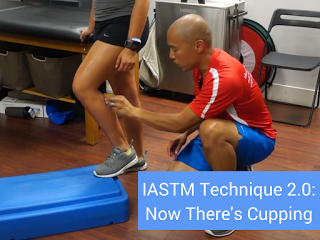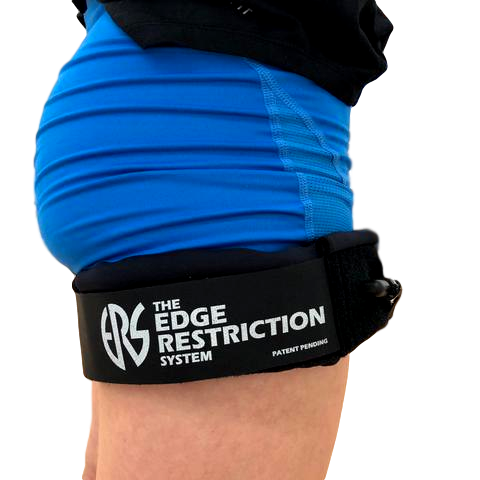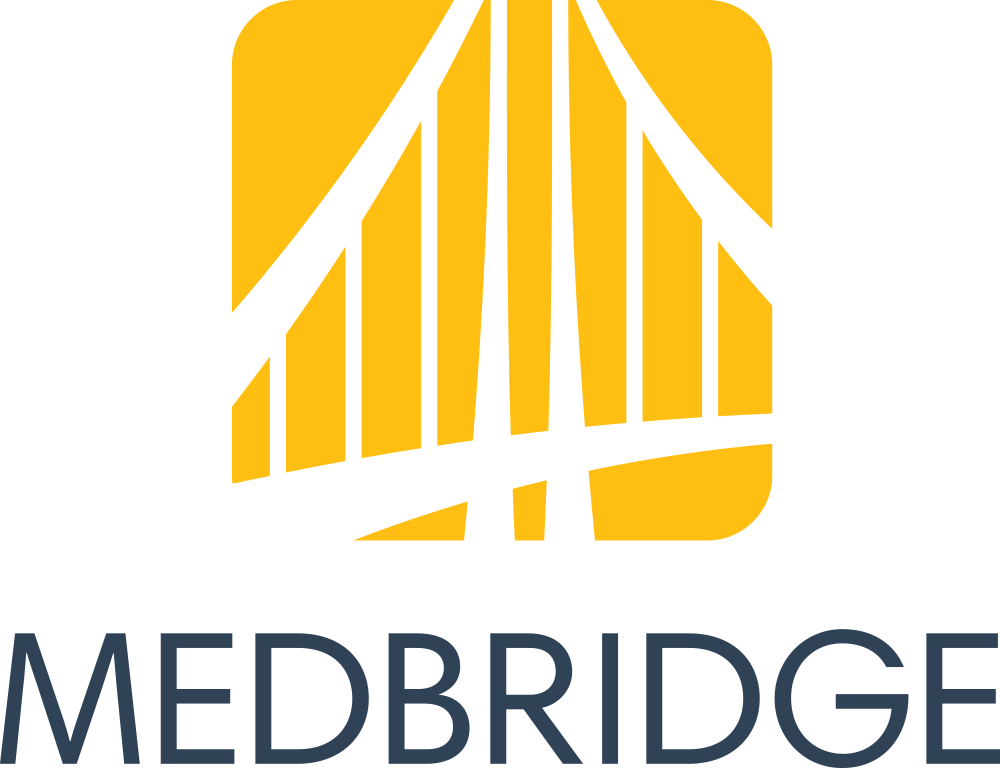Another Guest Post by my friend and colleague, @Cinema_Air! If you're a PT, DC, MT, OT, ATC or other health care provider, how much of your own type of healthcare have you ever gone to formally? Think you can assess yourself? Think again!
5 Reasons Physical Therapists need Physical Therapy
Until recently, I didn't consider seeing a fellow Physio for any other reason than necessity - pain, injury, etc. However, curiosity got the best of me, and I signed up for a few PT sessions and learned more than I expected. Here are my Top 5 Lessons so far.
Prima - every physio should know what it's like to be a patient. Let's drop the fact that you are a physio and might quietly (or not!) critique your care. View it purely from the perspective of a patient looking to return to full function: running, walking, sex, lifting, etc.
Here's how Jill Baugh put it:
Ask yourself: Does your Physio understand what brought you into the clinic? Does s/he seem to have a grasp on what caused your impairments & limitations? How clearly did they communicate this to you? Do they have a plan? Did you feel like they cared about you? Did they listen to you? Are you getting good care?
The best part about going thru this exercise is that you will develop a better feel for effective patient communication with your current & future patients.
Seconda - continuing from Prima, you now have the opportunity to experience the delivery of PT treatment. It can be very interesting regardless of whether your Physio has the same or a different philosophy of treatment than you. If it is the same, then you will develop an appreciation how certain tests, techniques, and approaches correlate and direct subsequent treatments in their paradigm versus others. Your sense of touch and physical engagement will be heightened by the direct experiences you are accumulating. You might pick up on nuances that improve your outcomes. If their philosophy & approach is different than yours, then you're in the privileged position to not only learn, but also experience something new & unfamiliar. You may adopt some (or all or none!) of their approaches. Also, you could (re)discover that you've been looking for something like this all along!
Terza - Proprioception & Kines
Quarta - learning what NOT to do. Roy H Williams' quote fits in perfectly:
A smart man makes a mistake, learns from it, and never makes that mistake again. A wise man finds a smart man and learns from him how to avoid the mistake altogether.
The first time I saw this in action was while I was enrolled in Organic Chemistry back in undergrad. We were supposed to derive a couple liquids, and then mix them together to form a precipitate. So, after my lab partner & I make the initial liquids, I started pouring one into the other. Out of the corner of my eye I saw Betsy watching. As I finished the pour fumes started growing... I should have done this under the fume hood!! Betsy, after seeing my mistake, proceeded to mix the liquids she derived under the fume hood. At least my mistake served a purpose!
Similarly, you will gain an appreciation of what not to do in terms of communication, delivery of treatment, organization of the visit, etc. Keep an eye out for what you believe didn't contribute to your outcomes; then test it. Imagine that you could cut down the treatment time by 50%. Which portions of the treatments would you discard?
Quinta - The role of Confidence. We've all heard about the power of charisma & confidence in the treatment room, but have you intentionally experienced it? If you aren't looking for it, you might not see it. The best way to get a feel for this is to see different clinicians to build your experiential database and observe closely for the way s/he creates a context for success or does a poor job of fashioning the stage for success.
When do they decide to "switch gears" or "stay the course"? Is s/he willing to say "I'm not sure, but here's how I believe I can help" or "I don't know, but I'll brush up on it for our next visit"? How do they respond to your questions? does their confidence inspire confidence in you (the patient)?
So, dear Physio, don't just read this and do nothing - get some Physio!
Interested in live cases where I apply this approach and integrate it with pain science, manual therapy, repeated motions, IASTM, with emphasis on patient education? Check it out Modern Manual Therapy!
Keeping it Eclectic...













Post a Comment
Post a Comment